Plant of the Month: Milkweed
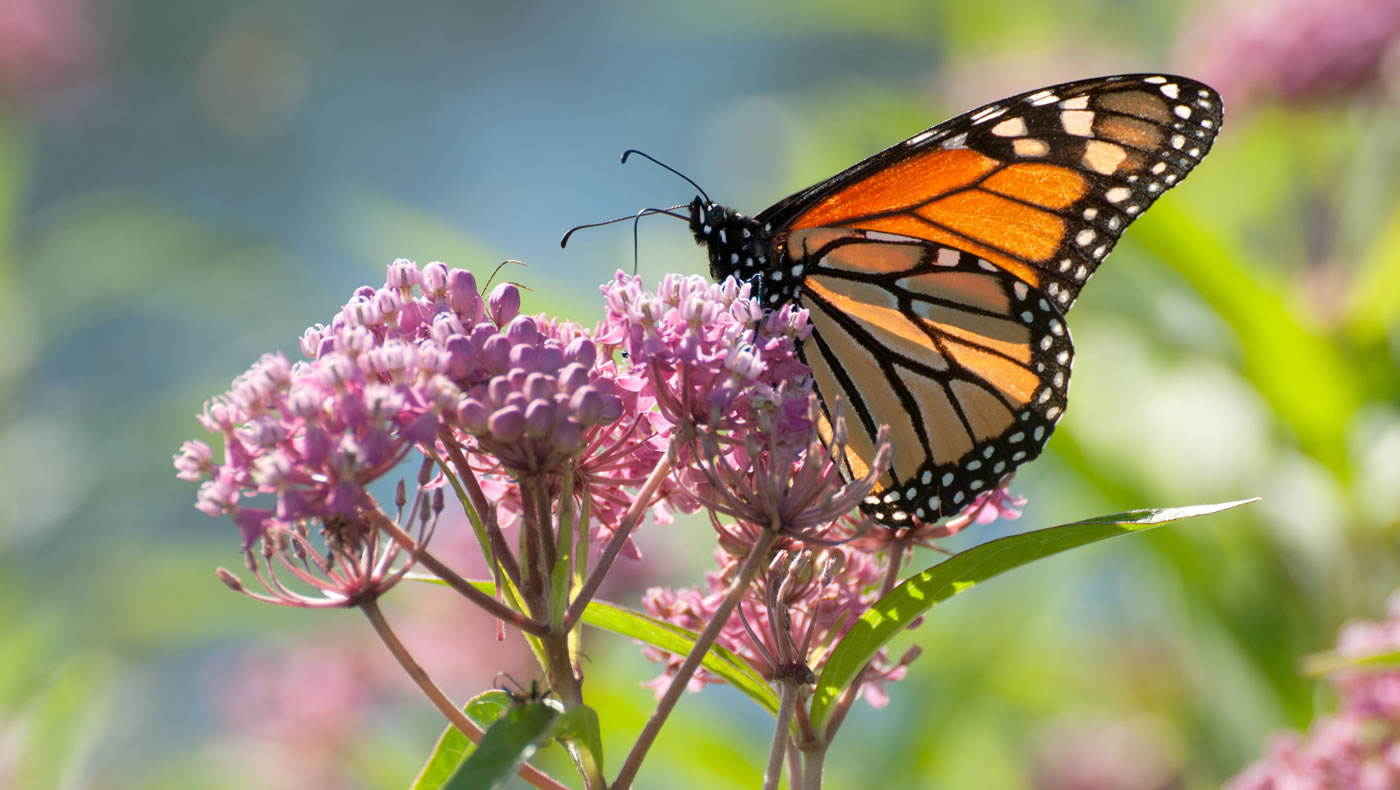
By Marcy Bean
You’ve probably heard the buzz about planting plants that are good for pollinators. Milkweed plants are important because they provide nectar and food for larva of a wide range of insects — particularly for the Monarch, whose young require the plants for survival. Native milkweeds also have extensive root systems that decrease soil compaction and improve infiltration of stormwater.
There are several native varieties of milkweed you might consider for your at-home landscape. As with other plants, they grow in specific types of soils, but all prefer full sun.
- Common Milkweed (Asclepias syriaca) Easy to establish, but prefers well-drained soils. Three- to five-feet tall, with round, rose pink blooms in mid-summer.
- Swamp Milkweed (Asclepias incarnata) These beauties like to keep their feet wet, so plant in areas that stay damp. This is a taller variety, growing up to five feet tall, with big, beautiful rose-pink flowers.
- Butterfly Milkweed (Asclepias tuberosa) Plant these in sandy soils. Growing up to 24 inches tall, these plants can be a bit finicky, but are tough plants once they get going. Check out these stunners in the roadsides throughout the Midwest in June and July.
- Whorled Milkweed (Asclepias verticillata) This is a more delicate plant with smaller greenish-white flowers with a long bloom time. They don’t take a lot of water and are the most shade-tolerant of the varieties listed here.
It’s important to remember that while milkweed plants are an important food source for Monarch caterpillars, there are other life stages of the butterflies that we should consider as well. Nectar sources are needed by butterflies for hydration and energy. Other Minnesota native plants that are great nectar sources for butterflies include Coneflower, Coreopsis, Blazing Star and Vervain.
Note: Many local plant nurseries have started offering see mixes specifically for pollinators. Please consider the location of your plant and seed sources, staying as close to home as possible. Please also consider pesticide-free sources to keep the plants healthy for the pollinators we’re trying to support.
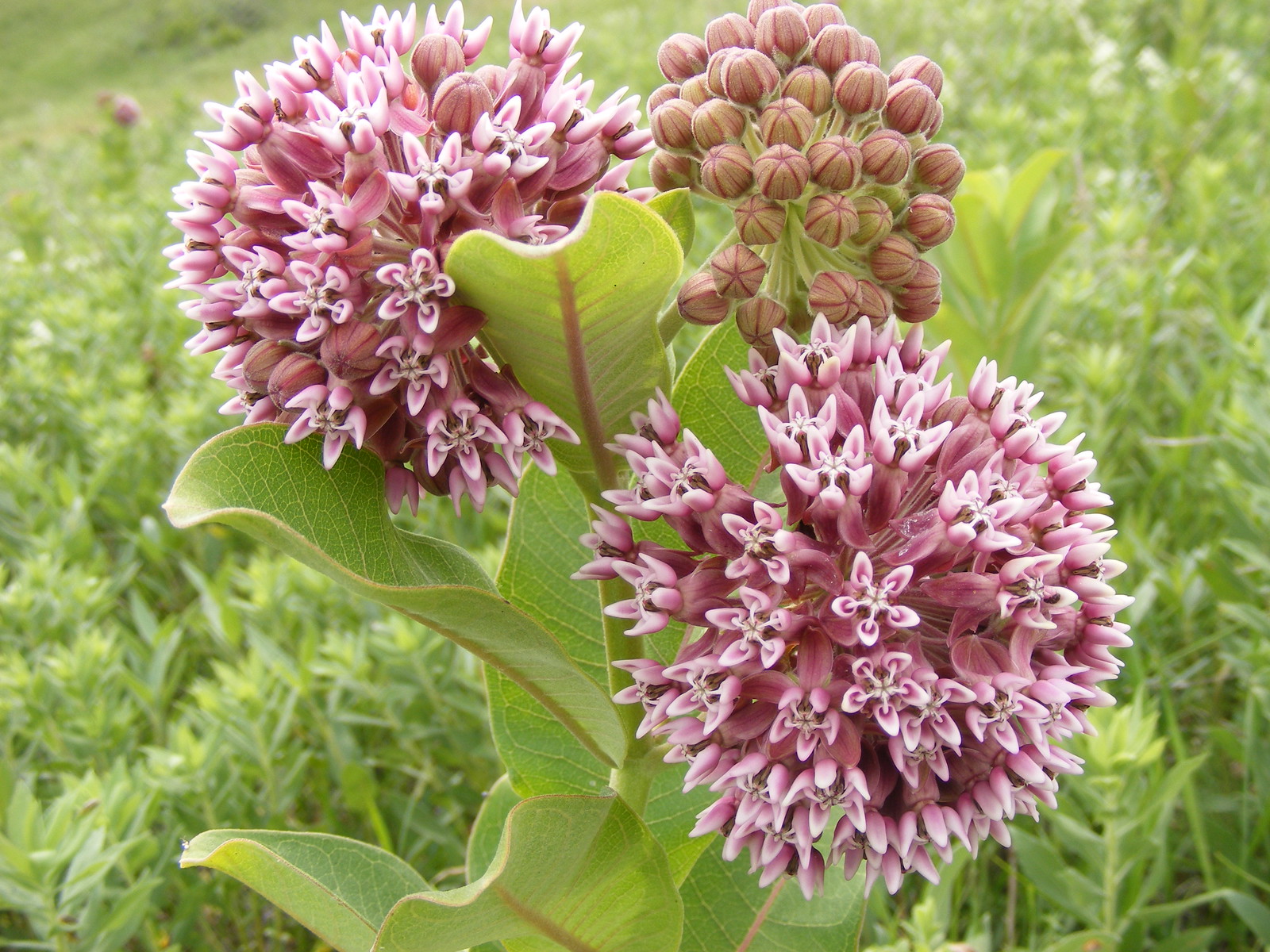
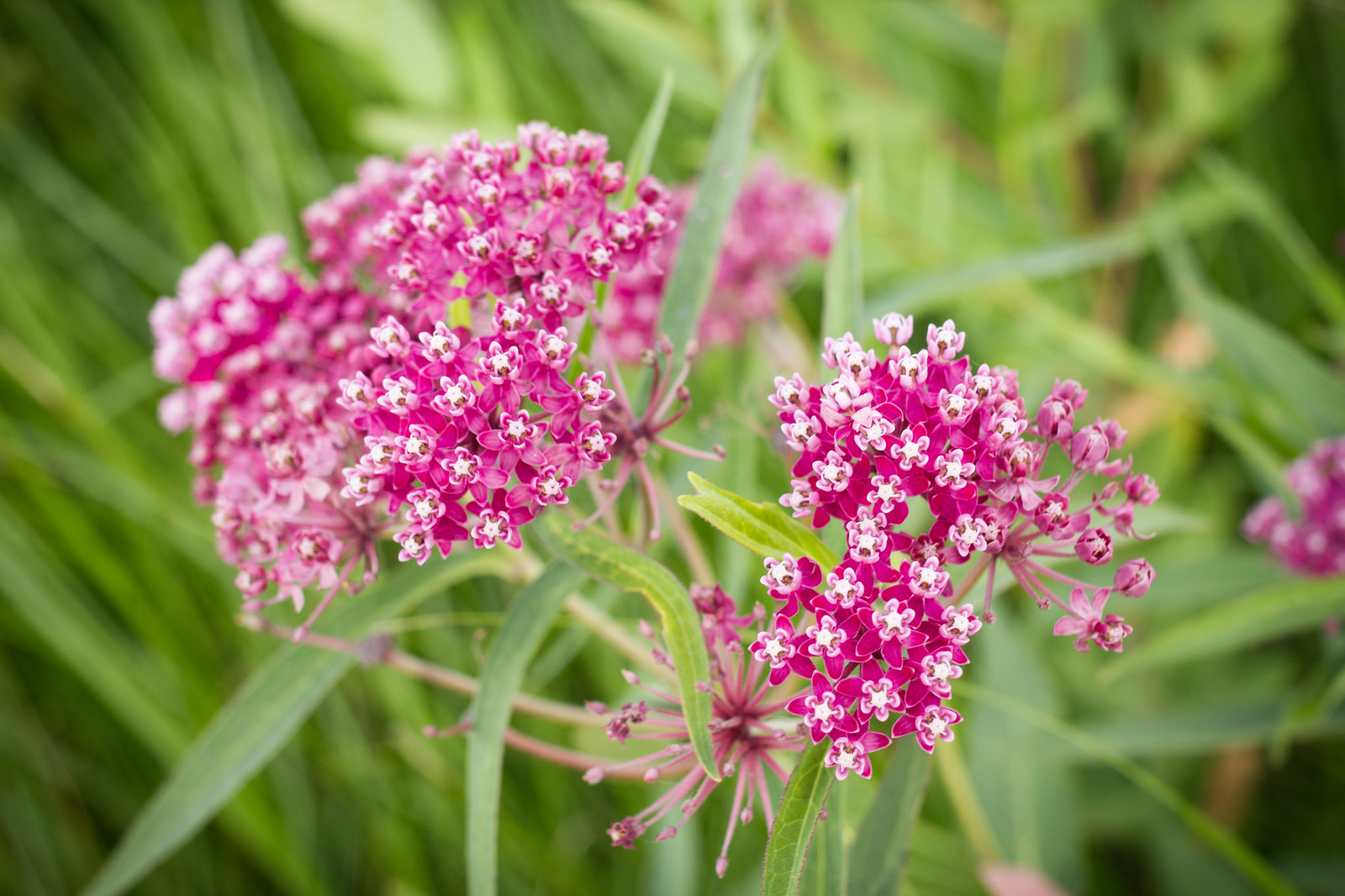
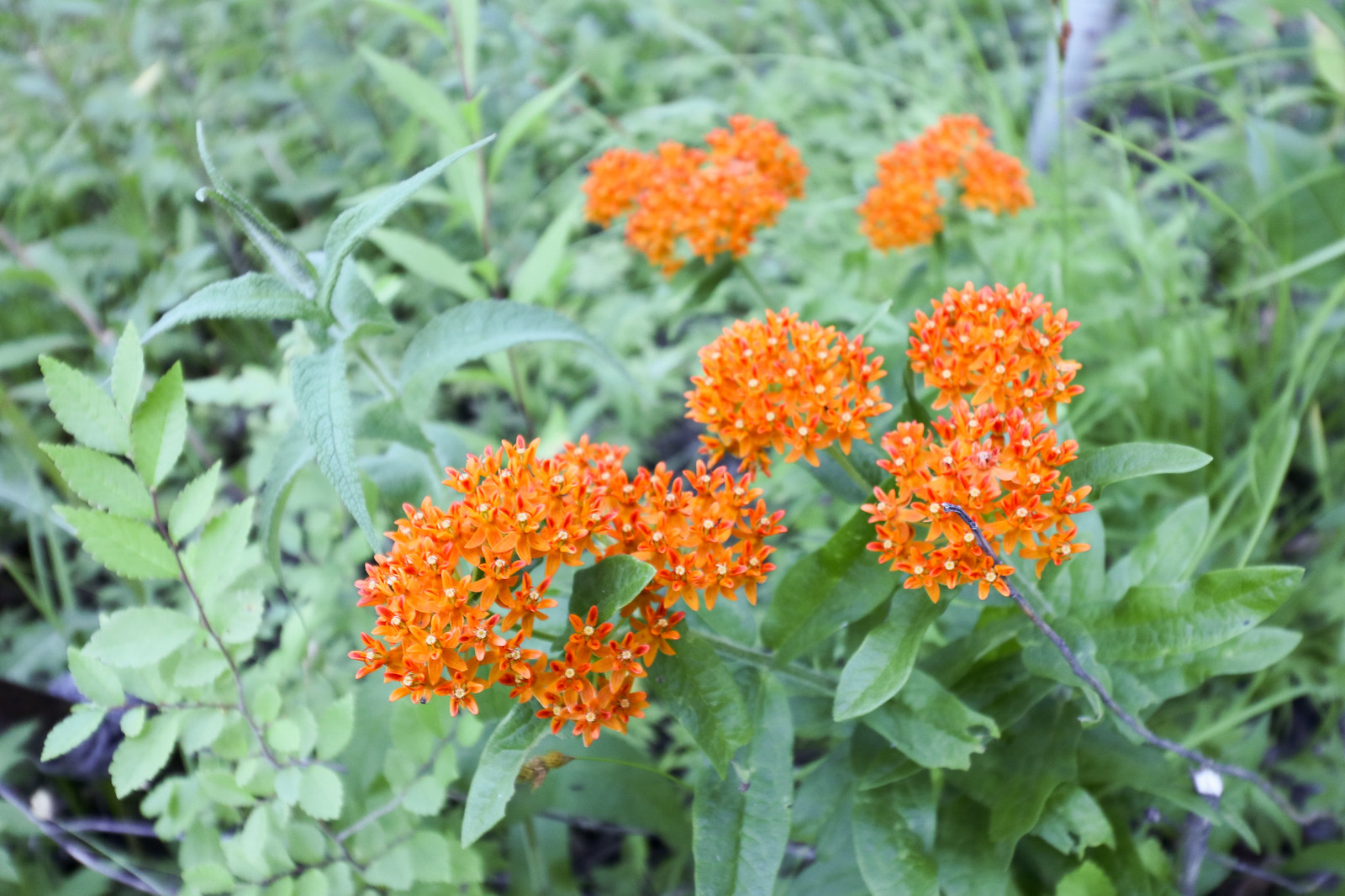
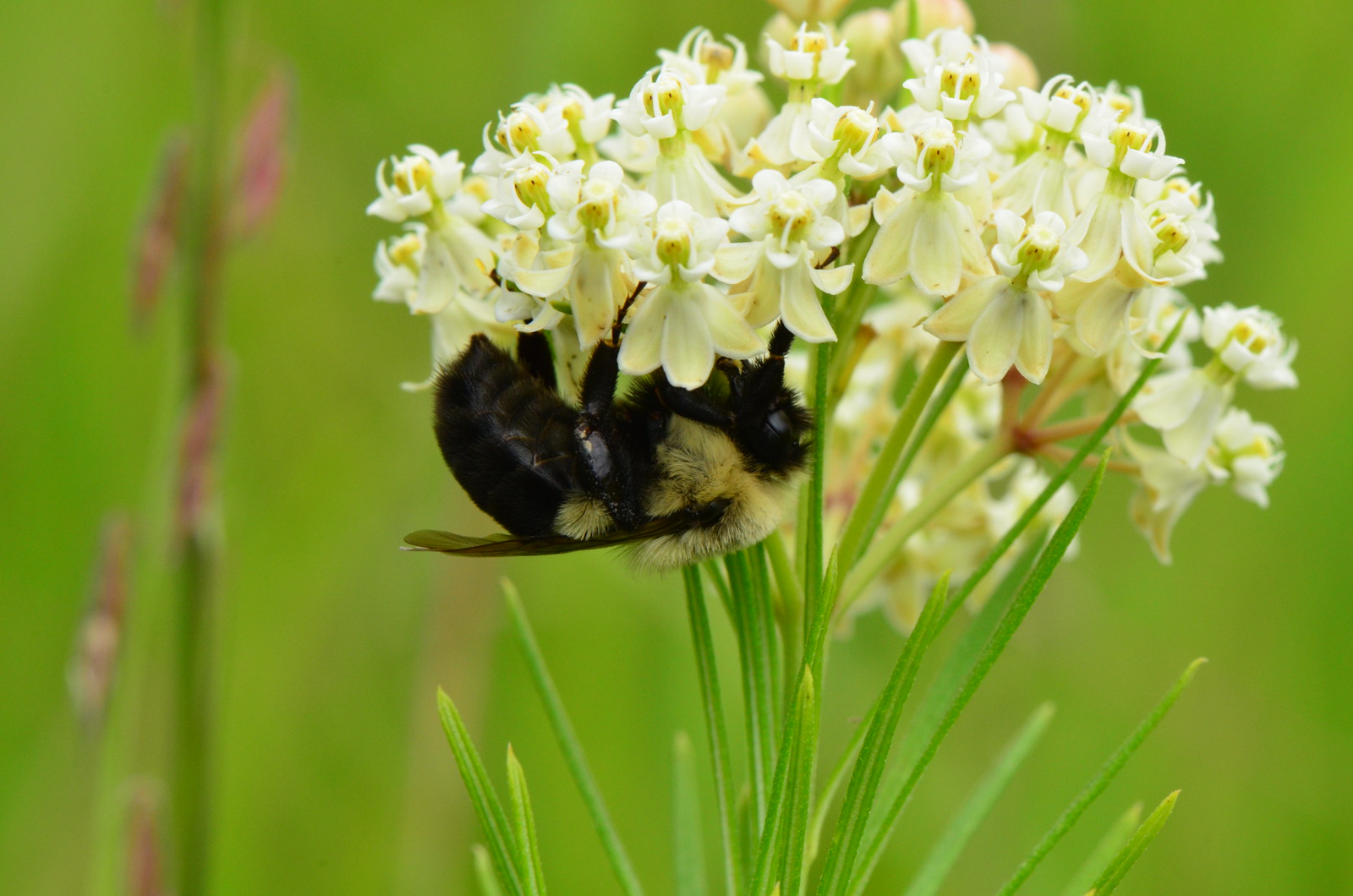
Learn More
Minnesota’s Milkweeds (PDF) – Board of Water and Soil Resources
Create Habitat for Monarchs – Monarch Joint Venture








